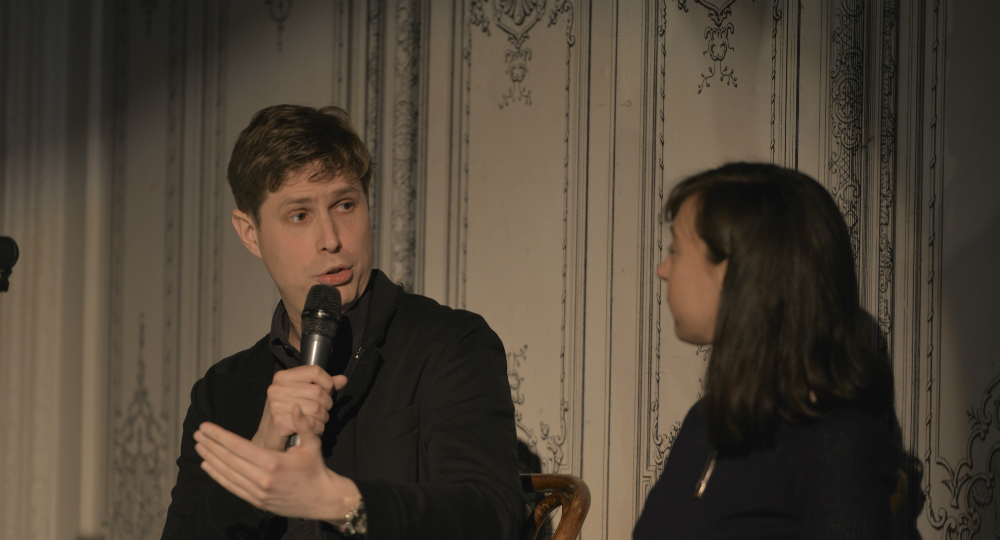Daniel Kehlmann is one of the most successful authors writing in German today, with his debut 'Measuring the World' an international bestseller. And humour is central to his writing. He talks to NBG about irony, cliché and the international media's shock at encountering a funny German novel.
To what extent do you define yourself as a writer of comic texts?
Not all of my writings are comedy, but I see comic writing as a very important part of my work. Even when I set out to write something sad, it often turns out funnier than I anticipated.
Do you feel that you’ve been moulded by an Austrian tradition?
Austrian culture was shaped by the traditions of an Imperial court, so irony was much more important there than in Protestant Germany. Also Austrian culture is traditionally shaped by a sense of darkness, melancholia, an enjoyment of the absurd and even vulgar. I think I would be a different writer, and a different human being, without that influence.
Do you see yourself as writing against tradition and is your use of humour part of that?
Against cliché, yes, but I think all serious literature is, as Martin Amis put it, part of an ongoing ‘war against cliché’. Humour is certainly helpful in making clichés look ridiculous, it is an indispensable tool of the anti-ideological view of the world.
You are best known internationally for your novels, but also write for the theatre. In terms of humour, how does your writing for these two genres differ?
I don’t really think they do. The use of humour in my prose is often rooted in the fact that people don’t listen to each other, don’t understand each other, talk past each other, and of course that’s something that works very well on stage…
Is there still a preconception amongst readers, international publishers and the press that German-language literature lacks humour, and is that fair?
To be honest, it is a bit unfair, as there are wonderful comic writers in the German language. I think Max Goldt is the funniest writer alive, not only in German but in any language. But of course it is true that German culture has a neurotic relationship to humour. Goethe and Schiller banned it from serious literature, and that ban still casts its shadow. Funny writers do have a hard time getting the recognition they deserve. To sum it up in one sentence: We never had a Voltaire, and we still suffer the consequences.
And does this preconception affect the reception of your own works?
Actually, it was rather helpful for me, I had lots of reviews congratulating me on the fact that finally there was a funny German novel – like the world had never seen anything like this before. This was of course unfair, there are many funny German novels. But personally, I have no reason to complain.
Who would you recommend to our readers from the current German-language scene?
I would always recommend Max Goldt and Andreas Maier, two great writers very different from each other. Hans Pleschinski is an amazing novelist, whose Königsallee (about Thomas Mann coming back to Germany after the war) didn’t by far get the recognition it deserves.
Given the drastic new world order, are we entering an era in which satire will become more important?
Absolutely. When Trump’s minions introduced the world to their concept of ‘alternative facts’ it was a great moment in the career of many comedians and comic writers. And they succeeded in giving this ridiculous phrase the beating it deserves. Right now satire is the best weapon we have to counter the lies of the most dangerous and deluded man ever to be American president.


